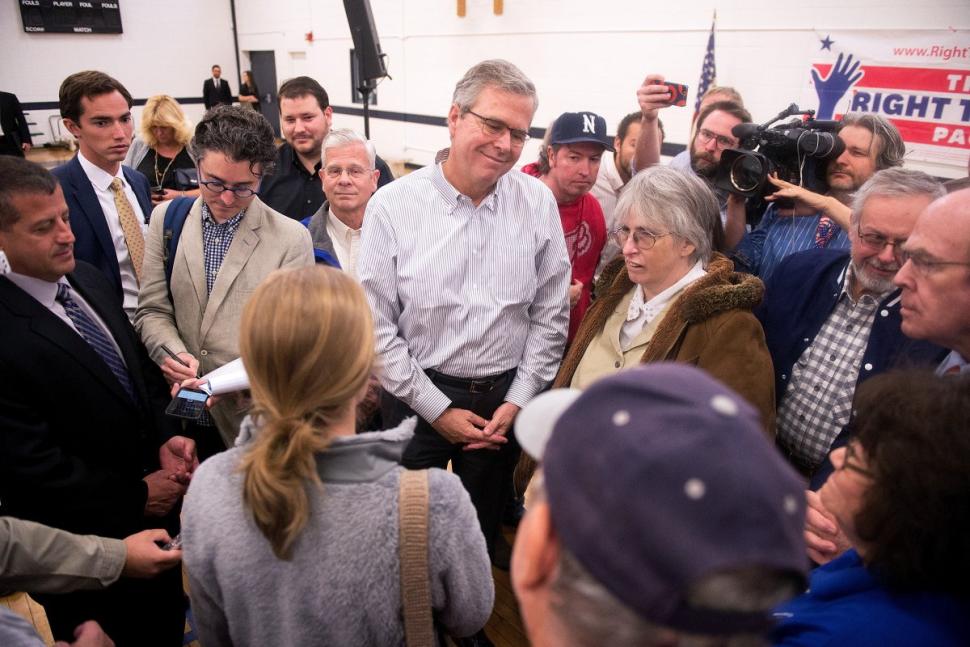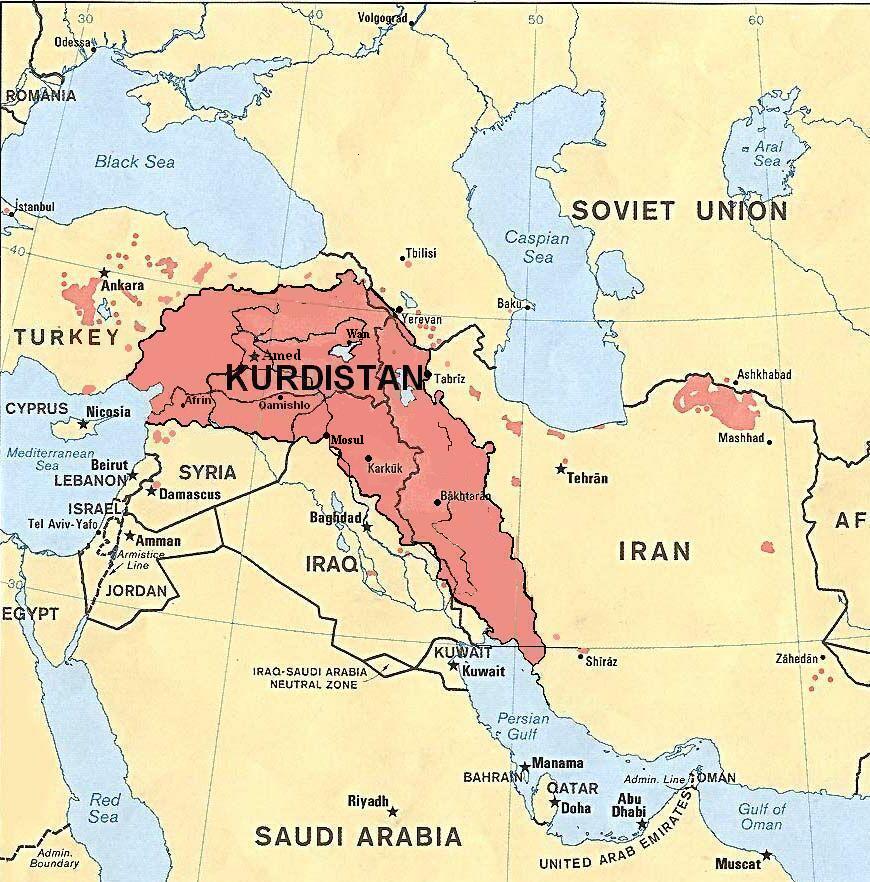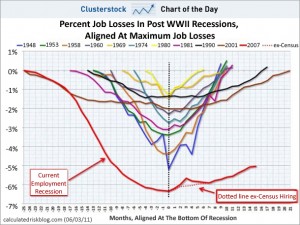I was a little late coming to the trump supporters, but it was interesting almost back to the beginning.
Then it began to form a preference cascade.
Can the GOP really be so out of touch with the legions of out-of-work Americans — many of whom don’t show up in the “official” unemployment rate because they’ve given up looking for work in the Obama economy? With the returning military vets frustrated with lawyer-driven, politically correct rules of engagement that have tied their hands in a fight against a mortal enemy? With those who, in the wake of the Paris and San Bernardino massacres by Muslims, reasonably fear an influx of culturally alien “refugees” and “migrants” from the Middle East?
April 206:
Trump is a coward, four time bankrupt loser, con artist, bully, 12 time business failure, WWE character, hypocrite, liar, dullard, loose cannon and has very poor character. He will lose in November and people need to wake up to that fact. Otherwise, hello President Hillary.
A year later, that commenter is a supporter.
Trump was in touch with them.
The result was “Deep Confusion.”
I left Queens for Brooklyn to meet Dany L. Esquilin, a Republican I met in the first week of this assignment, aboard a train to the Republican National Convention in Cleveland.
Mr. Esquilin was not a stereotypical Trump supporter. His parents were born in Puerto Rico, he is black and he had once been a Democrat. (Then again, so had Mr. Trump.) A retired private investigator, Mr. Esquilin worked to marshal Republican votes from Jews, Russians and Chinese-Americans.
Oh Oh.
Shortly after the election, The Hillary team came up with an explanation for her loss.
The book (Shattered) further highlights how Clinton’s Russia-blame-game was a plan hatched by senior campaign staffers John Podesta and Robby Mook, less than “within twenty-four hours” after she conceded:
That strategy had been set within twenty-four hours of her concession speech. Mook and Podesta assembled her communications team at the Brooklyn headquarters to engineer the case that the election wasn’t entirely on the up-and-up. For a couple of hours, with Shake Shack containers littering the room, they went over the script they would pitch to the press and the public. Already, Russian hacking was the centerpiece of the argument.
The Clinton camp settled on a two-pronged plan — pushing the press to cover how “Russian hacking was the major unreported story of the campaign, overshadowed by the contents of stolen e-mails and Hillary’s own private-server imbroglio,” while “hammering the media for focusing so intently on the investigation into her e-mail, which had created a cloud over her candidacy,” the authors wrote.
The Russia Collusion story is till going although a bit weak these days.
Andy McCarthy has pretty much demolished these arguments.
To repeat in closing, I believe it is specious to claim that a president can be found guilty of an obstruction offense, under federal criminal statutes, on the basis of acts that are within his lawful authority, even if the acts spring from malign motivations. Contrary to my friend Gabe Schoenfeld’s claims, this is not because I believe that the president is above the law. It is because our law’s check on presidential maladministration is impeachment, not criminal prosecution. If Congress concluded that a president committed acts that interfered with FBI investigations, and that were corruptly motivated even if technically within the president’s lawful authority, Congress could impeach the president. Were that to happen, it would not matter that the acts were not indictable obstruction crimes under the federal penal code.
More is now coming out about the real story.
Following close on the heels of those two pass-through DC-based “scoops,” Entous was lead byline on an April 3, 2017, story reporting a meeting in the Seychelles between Blackwater founder Erik Prince and a Russian banker, reportedly to set up a back channel between Trump and Putin. After publication of the story, Prince said he was shown “specific evidence” by sources from the intelligence community that his name was unmasked and given to the paper. “Unless The Washington Post has somehow miraculously recruited the bartender of a hotel in the Seychelles,” Prince told the House Intelligence Committee in December, “the only way that’s happening is through SIGINT [signals intelligence].” Recent news reports suggest that Prince’s meeting has become a key focus of the Mueller investigation. If those reports are accurate, it seems even more likely that classified intelligence was purposefully being leaked to put pressure on Prince.
These are felonies. We will see if anyone goes to jail.
Th real story is as follows.
At the same time, there is a growing consensus among reporters and thinkers on the left and right—especially those who know anything about Russia, the surveillance apparatus, and intelligence bureaucracy—that the Russiagate-collusion theory that was supposed to end Trump’s presidency within six months has sprung more than a few holes. Worse, it has proved to be a cover for U.S. intelligence and law-enforcement bureaucracies to break the law, with what’s left of the press gleefully going along for the ride. Where Watergate was a story about a crime that came to define an entire generation’s oppositional attitude toward politicians and the country’s elite, Russiagate, they argue, has proved itself to be the reverse: It is a device that the American elite is using to define itself against its enemies—the rest of the country.
We are in a lawless era. I recently read Pat Buchanan’s book, “The Nixon White House Wars.”
I highly recommend it. The press and the FBI managed to drive Nixon and Agnew from office. I doubt they can do so with Trump.
I am more worried about assassination.


 Barzani
Barzani
